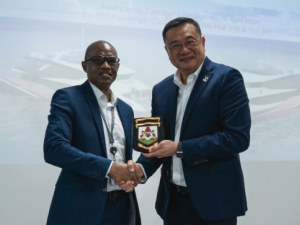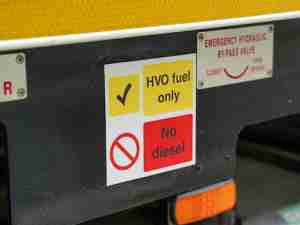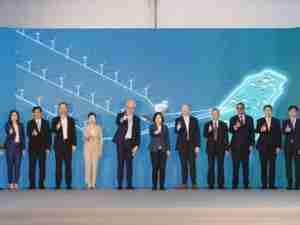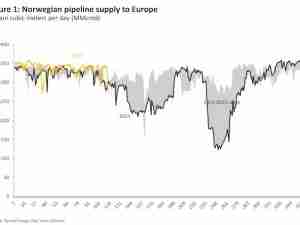North Korea Coal Exports Targeted Under Draft UN Resolution
By: Nick Wadhams | Nov 29 2016 at 07:16 PM | Maritime
North Korea faces a sharp cut in coal exports under a United Nations Security Council resolution that’s aimed at punishing Kim Jong Un’s regime for a September nuclear test by cutting off his government’s few sources of hard currency.
The resolution, a copy of which was obtained by Bloomberg News, would deny Pyongyang at least $700 million a year, according to two State Department officials who asked not to be identified because the deliberations are private. Crucially, the proposal has the backing of China, which can veto any Security Council resolution and has been wary of strangling its isolated neighbor’s economy given the turmoil that might follow.
The most significant measure, which is set for a vote Wednesday morning in New York, is a binding cap that would cut coal exports by 62 percent. It bans the export of non-ferrous metals such as copper, nickel and silver, which gives Kim’s regime another $100 million a year. It also seeks to block diplomats from smuggling illegal items or selling arms by, among other things, limiting accredited diplomats to one bank account each.
“I am not overly optimistic that China will strictly enforce the new sanctions but am prepared to be pleasantly surprised,” said Ralph Cossa, president of the Pacific Forum CSIS policy research group in Honolulu. “Beijing’s track record is not all that good but hopefully they will demonstrate new commitment in face of the growing danger.”
Read more: A QuickTake explainer on North Korea’s nuclear program
The North Korean economy and senior officials are already under a raft of Security Council restrictions that have failed to deter the regime’s nuclear ambitions. Other components of the resolution include:
* Targeted sanctions on 11 senior officials and 10 entities involved in North Korea’s weapons program
* Prohibiting the sale of new vessels and helicopters to North Korea
* Restricting travel to other countries by government and military officials “if they are determined to be associated with the DPRK’s nuclear or ballistic missile programs or other prohibited activities”
* Calling on countries to reduce the number of staff allowed at North Korean diplomatic posts
China accounts for more than 70 percent of North Korea’s trade and provides most of its food and energy supplies, according to the Council on Foreign Relations.
In March the UN passed its toughest sanctions yet against Kim’s regime, but a loophole allows it to trade goods needed for “livelihood” or emergencies. China currently allows imports of coal and iron ore—banned items under the UN sanctions list—if the resources are not related to Pyongyang’s nuclear project.
“The sanctions will at least establish better criteria and make it easier to monitor activities,” Cossa said. “While nothing will ever totally prevent abuses, any attempt to close or clarify loopholes is useful.”









